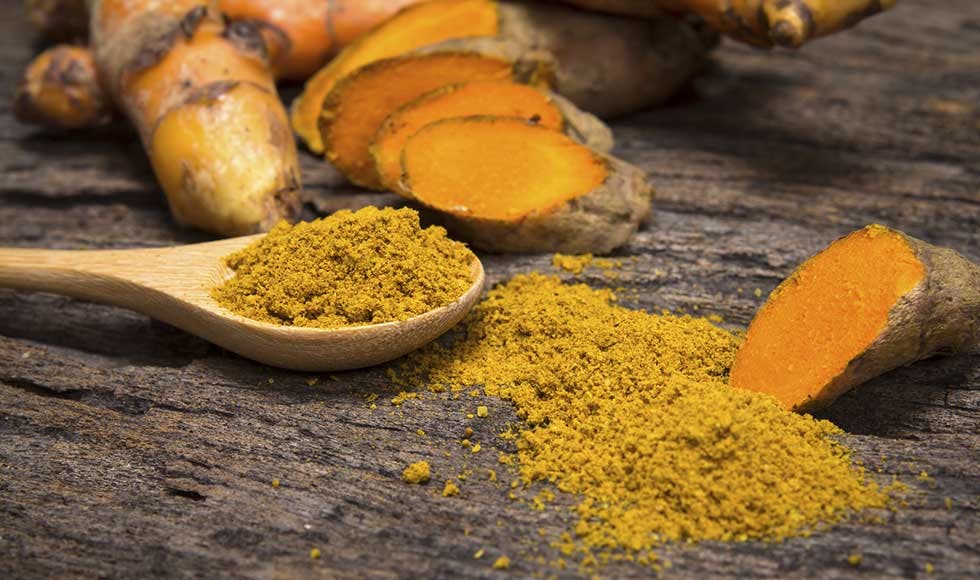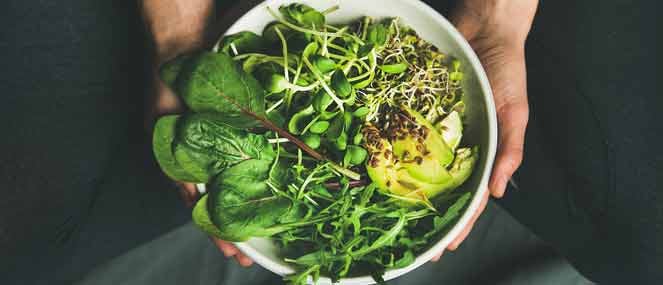
- Health hub/
- Arthritis, joint, bone & muscle/
- Soft drinks increase the risk of gout


How is soft drink connected with gout?
Gout is one of the most common forms of inflammatory arthritis in men, and its increasing prevalence over the past few decades coincides with a substantial increase in the consumption of soft drink.
According to the Australian Beverages Council in 2007, Australians drink approximately 110 litres of soft drink each year, or around 300 ml of regular or diet soft drink per person, per day.
In other words, the average Australian consumes close to a can of soft drink each day.
Sugar sweetened soft drinks contain large amounts of fructose, which is the only carbohydrate known to increase uric acid levels. The buildup of uric acid levels is thought to be the primary cause of gout.
Did you know? The fructose in sugar sweetened soft drinks is thought to increase uric acid levels, which is a primary trigger for gout.
The research
In 2008, researchers in the US and Canada reported on their examination of more than 46,000 men (aged 40 years and older) over 12 years to determine the relationship between sugar sweetened soft drinks and the risk of gout.
All men started the study with no history of gout. The study found that the risk of developing the condition was significantly increased with an intake level of five to six servings of sugary soft drink per week, and that the risk of gout increased as the intake of sugar sweetened soft drinks increased.
Men who consumed two or more sugary soft drinks a day had an 85 per cent higher risk of gout compared with those who drank less than one a month. This association was independent of other risk factors for gout such as body mass index, age, diuretic use, high blood pressure and alcohol intake. Diet soft drinks did not increase the risk of gout, but fruit juice and fructose rich fruits (apples, oranges) were associated with a higher risk.
Did you know? A 2008 study reported in the British Medical Journal found that the risk of gout increased as the intake of sugar sweetened soft drinks increased.
Lifestyle
Sugar sweetened soft drinks have a high energy density, and contain minimal, if any, nutrients. Cutting back on these drinks will benefit your health, and reduce your risk of gout. See below for some tips on how to reduce your fructose intake.
- Drink water and skim milk instead of sugar-sweetened soft drinks.
- Avoid fruit juice, or at least water it down.
- Avoid high fructose content fruit such as apples and oranges if you suffer from gout. Berries are a good, lower fructose alternative.
- Squeeze a little lemon or lime in your water if you don’t like it plain.
Did you know? To reduce your fructose intake to prevent gout, minimise sugar sweetened soft drinks, substituting with water or skim milk.
References available on request




